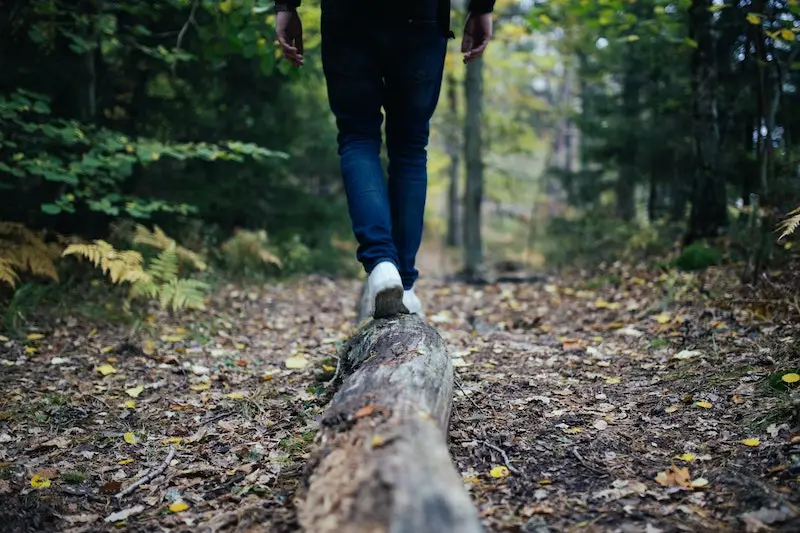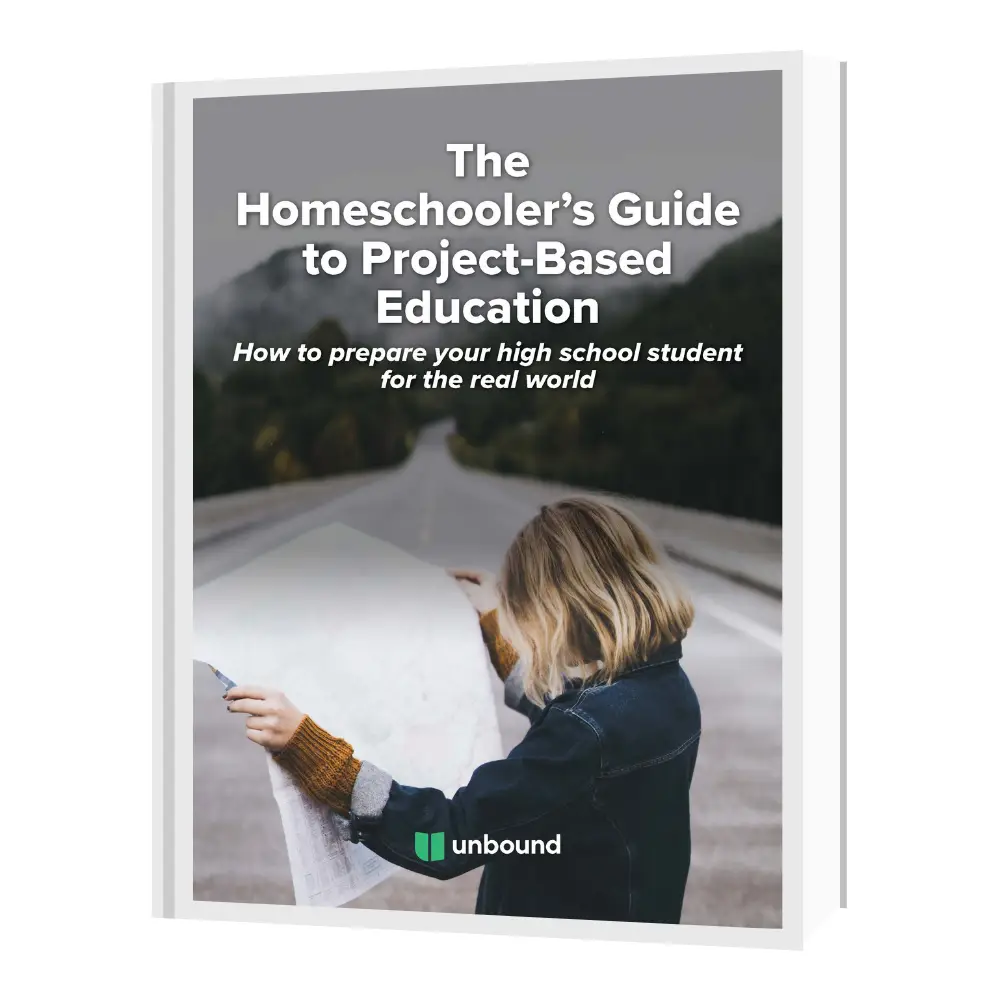3 Questions to Maximize Your Student’s Gap Year

Last weekend, while running errands, I saw a lot of families doing back-to-school shopping. It’s about that time of year.
While many high school graduates are also preparing to go back to school (whether in-person at college or through remote learning), there are a growing number of high school grads who are opting to take some time off before attending college.
That’s right, the “gap year” is growing in popularity, especially as COVID-19 has changed the way colleges work.
If your student has decided to take some time off school this next year, encourage them to ask these three questions to make the most of their time off.
1. What do I want to learn?
That’s right, taking a gap year doesn’t mean your student stops learning. A lifelong education transcends a classroom or campus. In fact, real learning happens when life happens and your student learns to handle new situations.
Your student’s gap year may be wasted if they don’t enter with an attitude of learning. It doesn’t have to be academic learning. But they should have their eyes open to learn from whatever they end up doing during their gap year — whether they work a job, start their own organization, volunteer, travel, or anything else.
The future of education in your inbox.
Get productivity tips, commentary, and Unbound updates sent to you!
Gap years are great opportunities to learn character lessons, focus on spiritual growth, and learn new hands-on skills. If your student wants to dive into an academic subject, encourage them to study that subject critically and maximize their learnings.
2. What do I want to experience?
Experience is another big benefit of gap years. Students can live “real life” and gain real experience as they work, volunteer, and experiment in the real world. A gap year can lead students to both practical work experience as well as valuable life experiences like traveling.
What does your student want to experience? What have they only read or heard about up until now? Are they ready to actually get their hands dirty with it?
Whether this means finding a job or internship in a career field that interests them or taking a long backpacking trip, gap years provide opportunity to gain experience.
3. Who do I want to know?
While attending college can help a student get connected to others their age, a gap year doesn’t have to be lonely.
There’s a sad stereotype that to take a gap year means to be left behind by high school friends. Sometimes, friends part ways as some go off to college and others stay. But the potential for community in a gap year is tremendous.
For one thing, finding a mentor is sometimes easier in the context of a gap year. Because your student is working in the “real world”, rather than an assembled environment on a college campus, they will be exposed to more opportunities to connect with potential mentors and leaders in their community.
Furthermore, a gap year gives students the opportunity to practice intentionally building community around themselves. While you could say that colleges hand community to their students on a platter, gap year students will learn how to build community by necessity. This skill is critical to future success in life.
Gap Year Success
When your student approaches their gap year intentionally, asking what they want to learn and experience, and who they want to connect with, it can be one of the most valuable decisions they ever made.
Ascend by Unbound is not a gap year program, but it delivers the same value as one. . .along with a jumpstart on college credit. Ascend students are equipped with the skills, experiences, and community that matter in building a life that matters. Learn more about Ascend.




